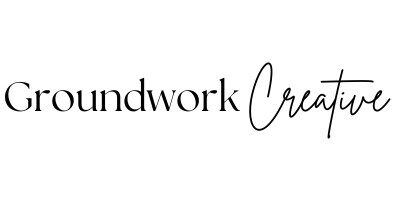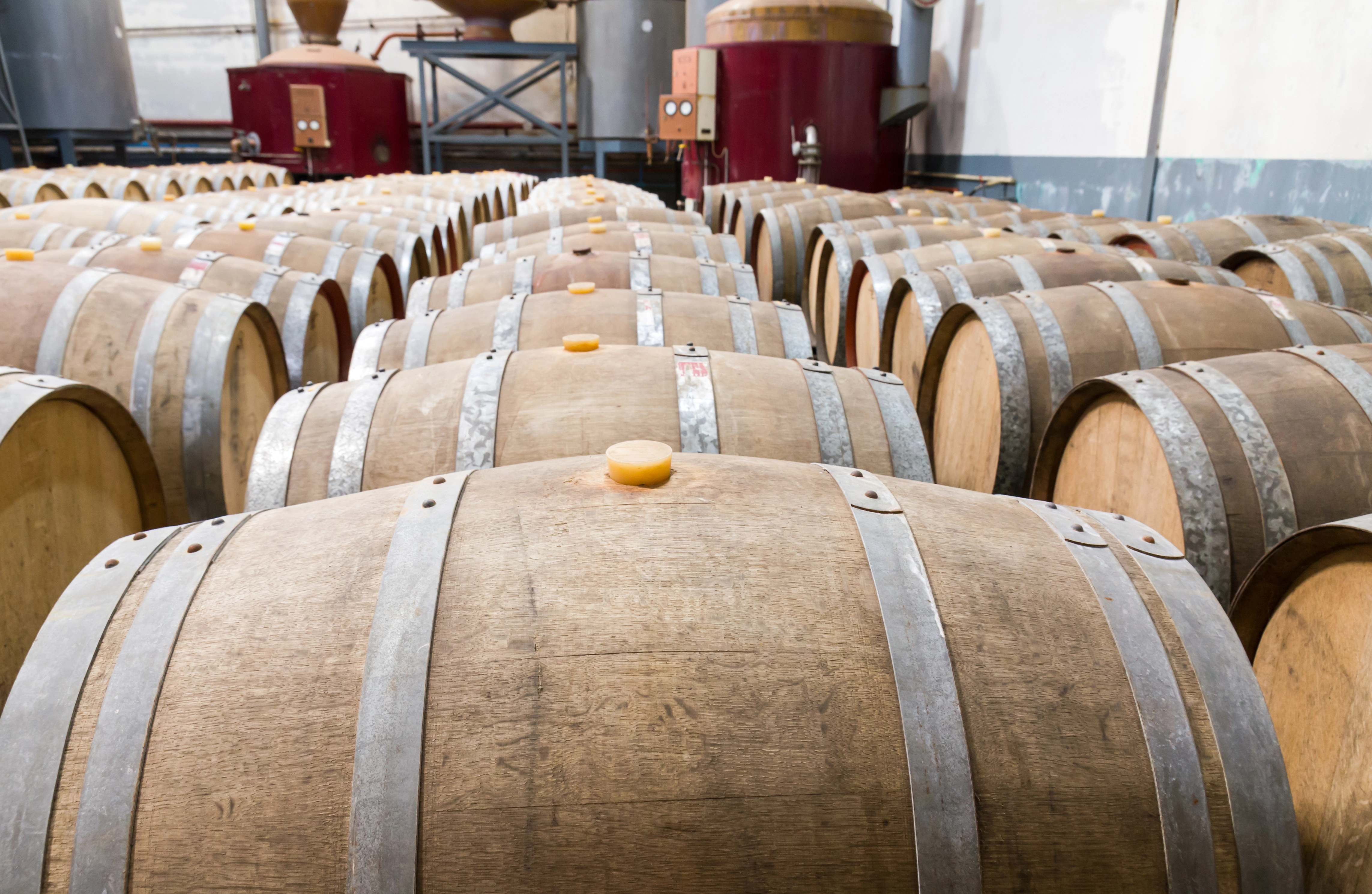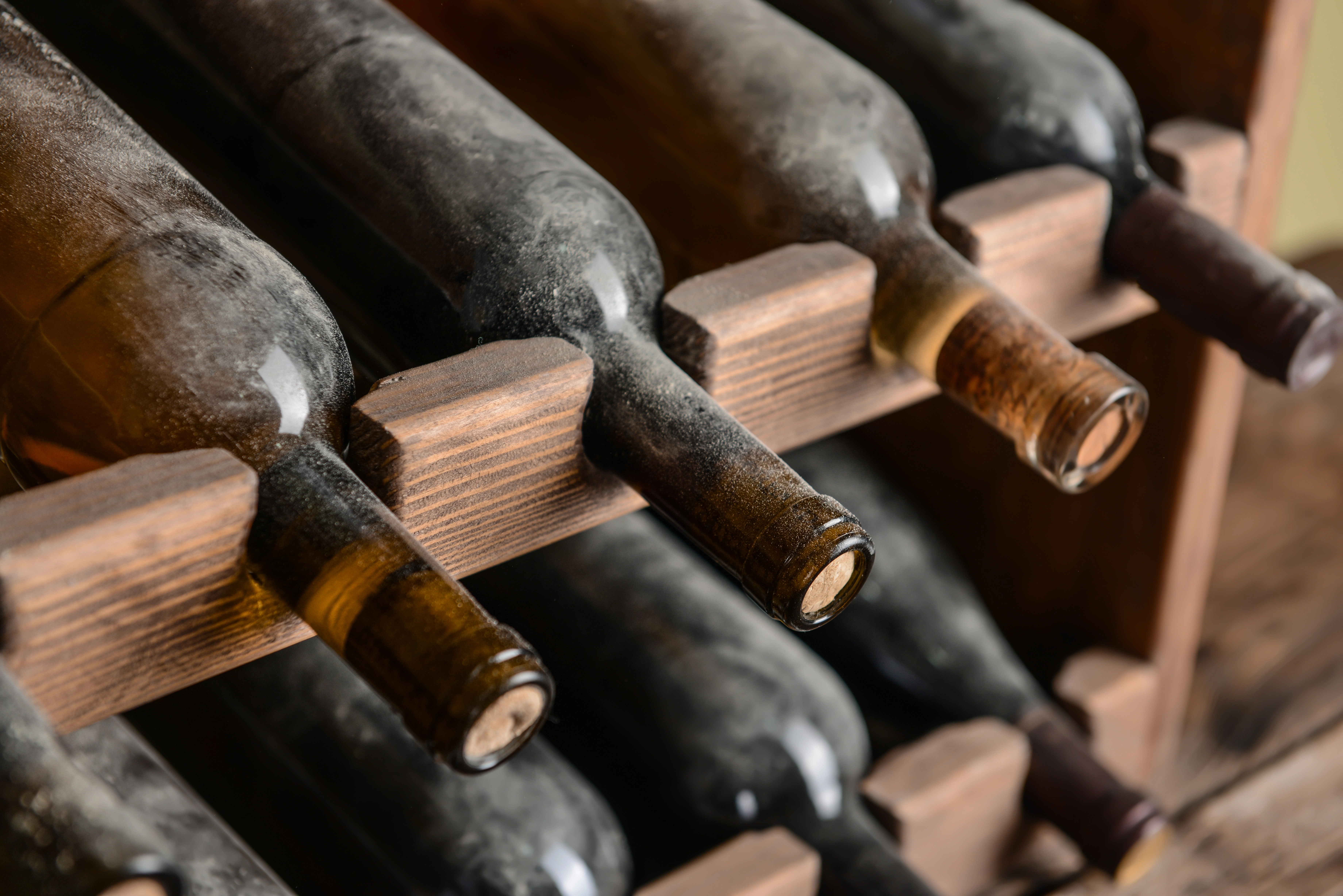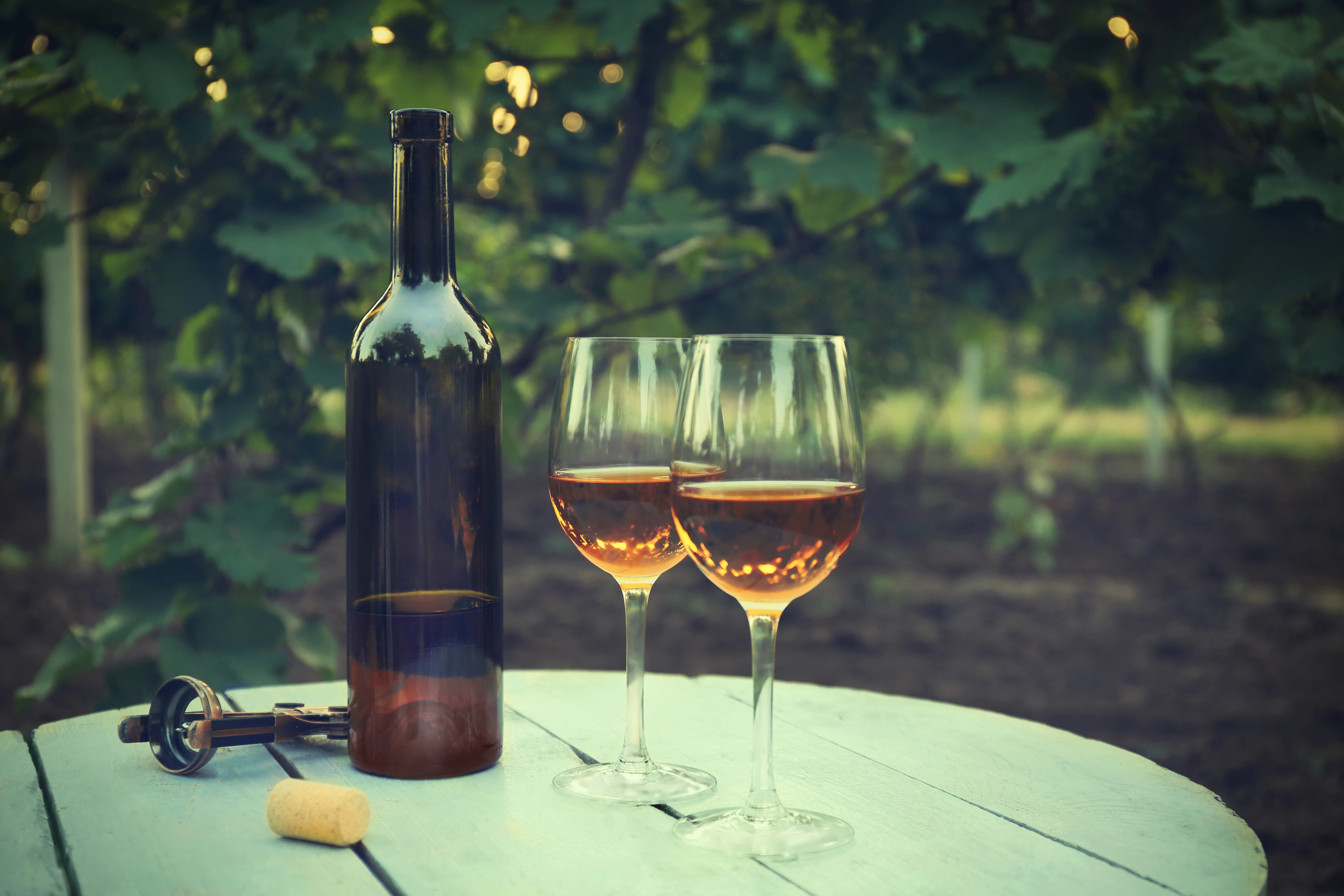You are probably at the point of aging your wine, you have fermented and bottled. Now you are wondering, how long to age wine and how do I store it?
As a home brewer and having worked in Napa Valley, I understand the potency of aging wine. Learning how long to age wine is the bread and butter of wine making.
It depends on your wine, what fruit you’re using, how much sugar is involved, etc. The elements explained below will nail down your wine aging process, and give you great insight into overall aging.
You will learn the benefits of aging wine, what happens during aging, how to store wine for aging, and how long to age wine based on your choice of fruit!
This post is all about how long to age wine.
How to Age Wine Properly | Guide
If you are beginning the journey of making homemade wine, then you are probably wondering how long to age wine? Whether that is a pineapple wine, a plum wine, an herbal wine, etc.
Once wine is made it is forever changing. It changes in the fermenter, it changes in barrel, it changes in bottle, and even changes in the glass.
Working with this ever changing ferment can result in amazing wines, but also if not done properly can make a turn (and sometimes not for the better).
But, before I jump into the benefits of aging your homemade wine, let’s get one thing out of the way:
Not all wine gets better with age.
Believe it or not: In commercial style wineries, red wines tend to age really well whereas white wines do not.
During the aging process white wines will lose their floral, fruity aromas and flavors. Which is not bad, but for a Semillion white wine, those notes really accentuate that varietal.
For home wine makers, what benefits can we see from aging wine?
- Taste: Aged wine creates a more complex flavor profile. The tannins soften, the acidity softens, and the flavors blend.
- Stability: Aging wine allows the wine to reach a more stable place where it is not evolving as rapidly or drastically.
- Flaw correction: Aging wine can help correct some flaws that might have occurred during the wine making process. Astringency and acidity levels will soften. Overall, mellowing out the flavors.
What Happens During Aging?
We can age wine in bottle or in barrel. In wineries, they tend to age their wines in barrel.
The biology of aging shows us how it works so we can utilize the information to age our wines better. Here is a simple overview.
RELATED POST: The Nuts & Bolts of Fermentation Biology (Create a Better Relationship with Fermented Drinks)
During aging we have a set of complex chemical reactions that interact with the tannins and acids. Which result in shaping the flavor profile.
Overview of Chemical Reactions During Aging:
- Tannins act as an antioxidant. Which helps lowering the effects of oxidation. Tannins are in the skins of grapes and other fruits.
- Tartaric acid precipitates out of our wines lowering the acidity.
- Esters are formed from alcohol combining with organic acids. Esters impart delicious fruity flavors.
- The alcohol content acts as a natural preservative.
- Oxygen and oxidative reactions also occur.
Oxygen’s Affect on Aging Wine
As most know, the more oxygen the wine is exposed to the more oxidation occurs. Oxidation holds a negative reputation, though, in small quantities is actually beneficial.
Wine corks are designed specifically to allow small amounts of air into the wine bottles. Though, the amount of oxygen exposed to wine can make or break the end result.
As mentioned above, tannins are beneficial to wine (especially for aging) because they act as an antioxidant… A counter to potential negative oxidation.
In minimal amounts, oxygen can help balance our wines but too much can result in oxidation which lowers the quality and flavor.
So, we see what happens during aging and why it is beneficial in the wine making process, so how do we store wine for aging, and then… How long do we age it?
How to Store Wine for Aging
Think about a wine cellar. They are usually on the cooler side, and in a dark space. So, when we want to store our homemade wine we must find, or make, a similar space.
The factors we need to look out for:
- Ideal temperature
- Light conditions
- Humidity
- Horizontal storage
The ideal temperature of a wine cellar is 55-59F with 55-75% humidity. An underground cellar can be ideal, depending on your region, because underground stays a relatively consistent 55F.
When storing your wine ensure the light exposure is little to none. Light can negatively affect your wines and increase off flavors. It is called “light strike”.
Store your wine sideways!
The wine in the bottle will keep the cork moist so it will not dry out, crack, and fall apart.
RELATED POST: A Primitive Underground Wine Cellar | How to Wax Your Wine Bottles & Age Underground
How Long to Age Wine
Aging commercial wines versus homemade fruit wines is different. At home, we probably do not have the equipment to test the specific acidity level, tannin levels, or dissolved oxygen levels.
That being said, fruit wines may not age as well as commercial grape wines because they lack the tannins, acidity, and alcohol content. Of course, depending on which fruit you are fermenting.
With homemade wines, when we do not know these metrics it is best to go by generalizations and test, test, test! Test a bottle aged at 3 months, then 6, then 12. You will learn each fruit as you practice.
How can we assume the acidity? Look into your fruit you are fermenting. For pineapple, acidity will be higher, for plums the acidity is lower. Research your fruit, taste your fruit, and make an educated and intuitive decision.
Each fruit batch can also be different as well with acidity, sugar content, tannin levels, etc. Leaving the aging process up to generalizations of that specific fruit type.
General Rule of Thumb
- Fruits high in acidity can age longer
- Homemade wine with added tannins can age longer
- Wines with higher ABV can age longer
- Sweeter wines can age longer, sugar is a natural preservative.
- Darker fruits with thick skins will age better longer
For homemade fruit wine, the generalized aging period is 3-6 months. For grape wines, white wine is best aged 6 months but can go as long as 18 months. For red grape wines, aging lasts about 2-5 years.
If your wine is low in acidity, low in tannin, and even low in ABV, age for 3-6 months. Then, test it.
Otherwise, general rule of thumb is to age your wine for 6 months with the option to extend.
If your wine is high in acidity, tannins, and ABV, then you can age for 12-24 months. Again, test, test, test! Test a bottle at 8 months, then 12 months, then 18, etc.
Aged Wine Overview
Overall, aging wine can soften and embolden natural flavors we want in our homemade wines when done correctly.
Understanding the process and getting an overview will allow you to make more informed decisions when aging your wine.
These helpful tips on aging wine will allow you to create more informed decisions. How much acidity, tannins, ABV, etc all play a role in wine’s ability to age well.
And, keep in mind that not all wine is meant to be aged. The sweeter the fruit and the thicker the skins the more likely that fruit wine will age well.
But, also play around with it. Learn your equipment, environment, fruits, and other ingredients. Then, learning how long to age wine won’t be an unknown question after all.
This post was all about how long to age wine.
Other Posts You May Like…
✓ This Alone Will Change Your Relationship to Alcohol | How to Stop Drinking (Home Remedies)
✓ 11 Beautiful & Traditional Fermented Drinks for Gut Health From Across the Globe
✓ Herbalism for Beginners | Start With Tea, End with Vitality




